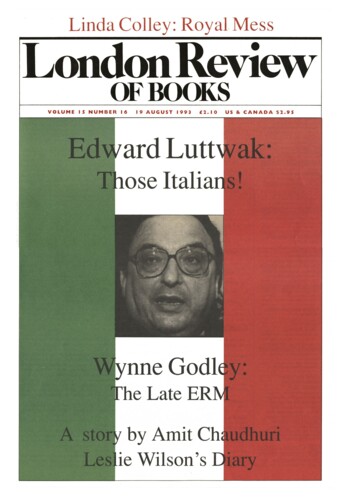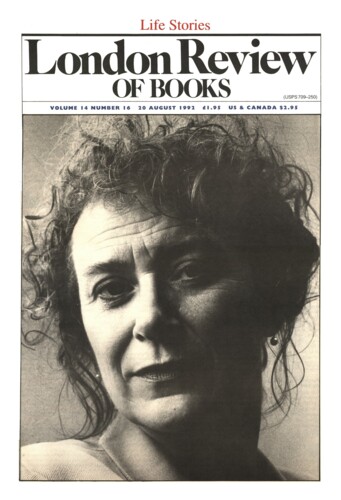Diary: On Chinese Magic
Leslie Wilson, 12 May 1994
When, as a wide-eyed expatriate wife, I first arrived in Hong Kong, I heard this story over a restaurant table. The first time a Hong Kong building was sheathed in reflective glass, the buildings opposite began to suffer from leaks, electrical faults, and illness among their staff. This is because demons, who live in happy ignorance of their own hideousness, were seeing their own reflections in the walls, flying off in terror and bouncing into the building across the street. The geomancer, or feng shui master, was called in to solve the problem, and he recommended the management to sheathe the opposite building in mirror glass. The thought of all those demons ricocheting across the street was pretty unsettling, and I began to avoid walking between mirror buildings, something that was easier to do in the early Eighties than it is now.




